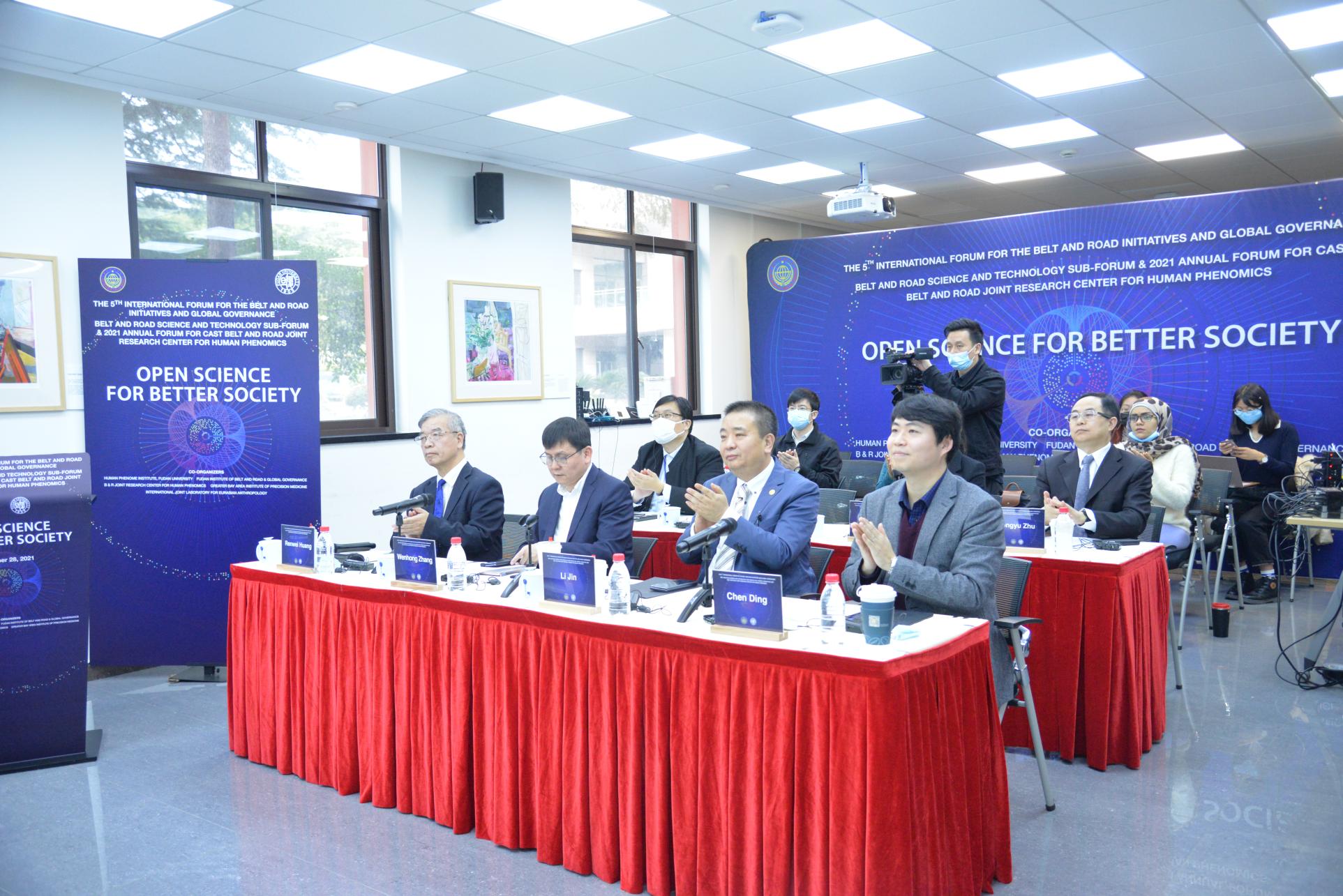
On November 28, with the theme of “Open Science for Better Society”, the Belt and Road Science and Technology Sub-forum & 2021 Annual Forum for CAST Belt and Road Joint Research Center for Human Phenomics was held at Fudan University.
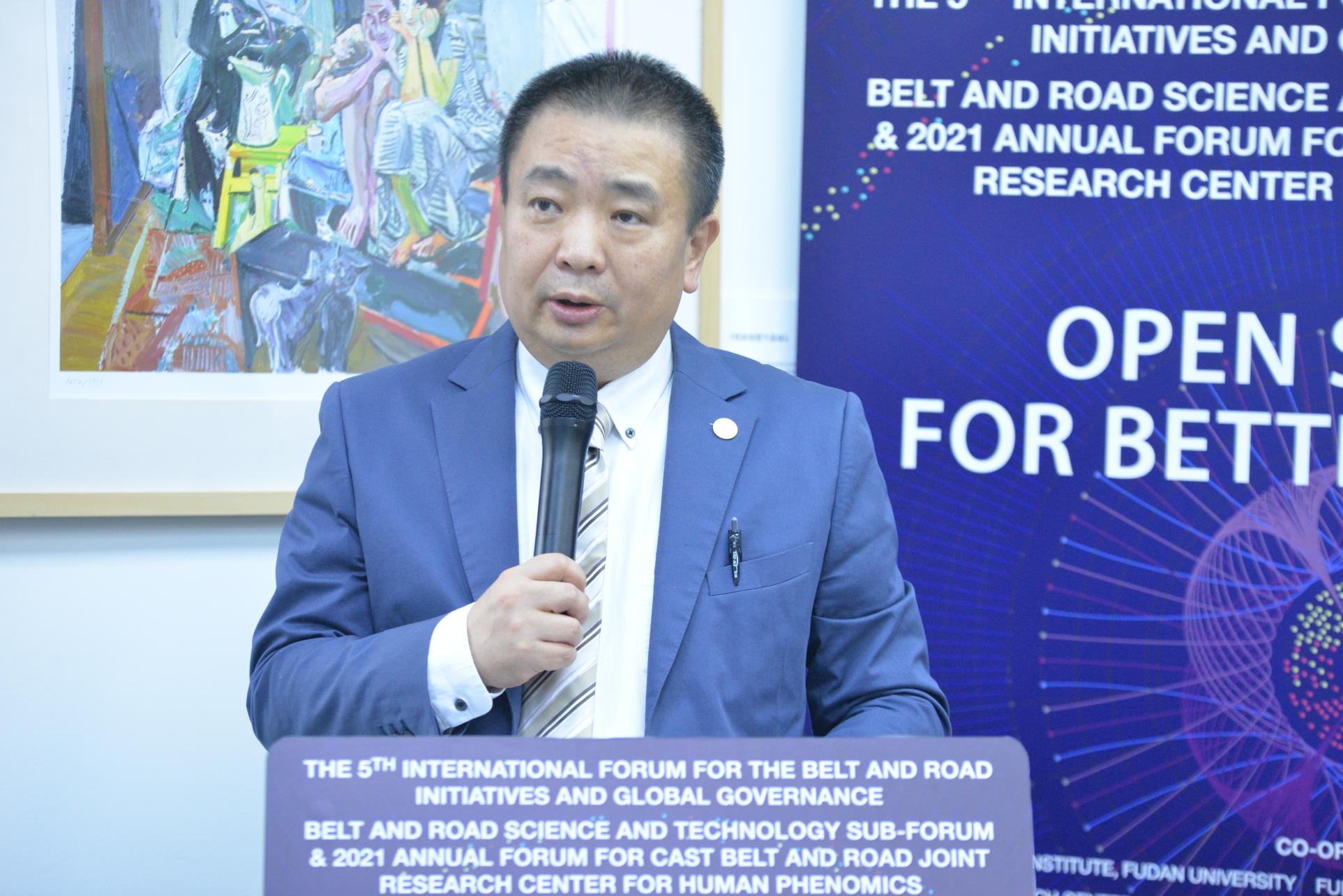
Academician of CAS, President of Fudan University and Chief Scientist of Belt and Road Joint Research Center for Human Phenomics Li Jin pointed out world-class universities are one of the main forces in global scientific and technological cooperation. Devoting itself to innovation-driven development, Fudan University keeps promoting scientific cooperation in frontier technologies together with other world-class universities and research institutions. It aims to make contribution to the whole world by leading major international scientific projects related to the well-being of mankind. It will stay open to the world and build a high-level international partner network for scientific research and education.
Human phenome is the next frontier in life sciences. The “Belt and Road” regions have abundant diversity in population and phenotyps. From 2020 onwards, with the support of the China Association for Science and Technology (CAST), Fudan University, together with 11 institutions from 9 countries, has established the Belt and Road Joint Research Center for Human Phenomics, which has set up an important platform for coordinating efforts in the Human Phenome Project (HPP) in the “Belt and Road” region.
Jin also made a brief introduction to the development of HPP led by Fudan University. He emphasized that Fudan will continue to focus on key frontier areas such as human phenome, public health and climate change, strengthen its advantage in interdisciplinary research that combines natural sciences and social sciences, and improve the ability to solve complex problems, continuously boosting the cooperation in education and science and technology with “Belt and Road” countries and fostering the development of “Belt and Road” science and technology organizations.
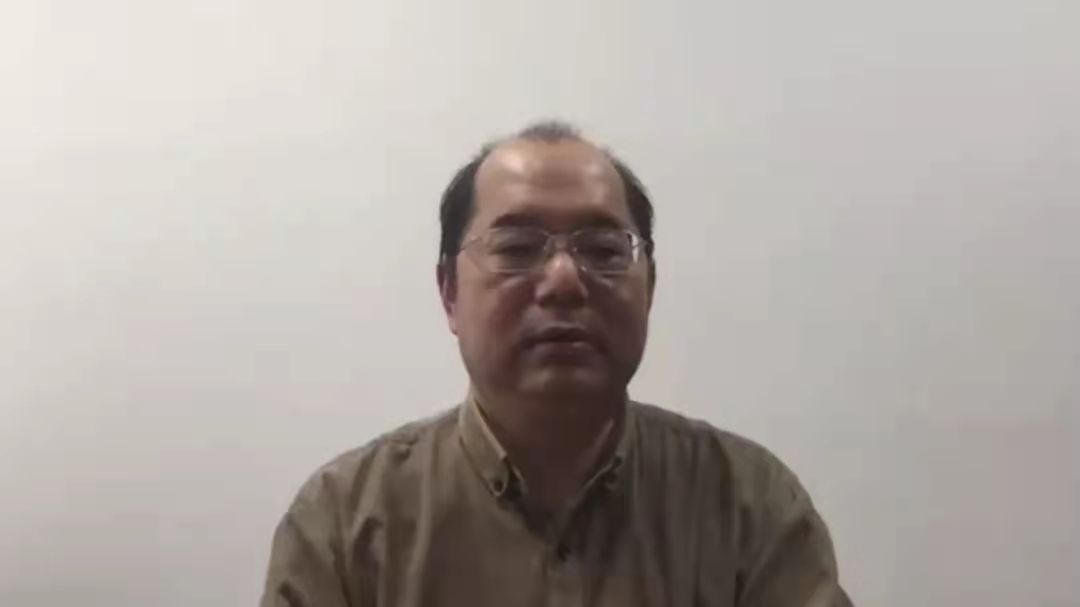
Deputy Director General, Department of International Affairs, China Association for Science and Technology (CAST) Qinglin Wang also delivered opening remarks. He said, in the past six years, CAST has been facilitating the construction of the platform for scientific and technological cooperation among organizations in “Belt and Road” countries. The platform has rendered support to 152 projects, thus rallying an important force to promote international scientific and technological cooperation in the “Belt and Road” region.
Wang hopes that Fudan University would further facilitate the development of the Belt & Road Joint Research Center for Human Phenomics so that the center can provide a unique plan for human phenomics and the HPP to gain momentum in the “Belt and Road” region, develop more innovative strategies for the future development of biomedicine and benefit social development and human health.
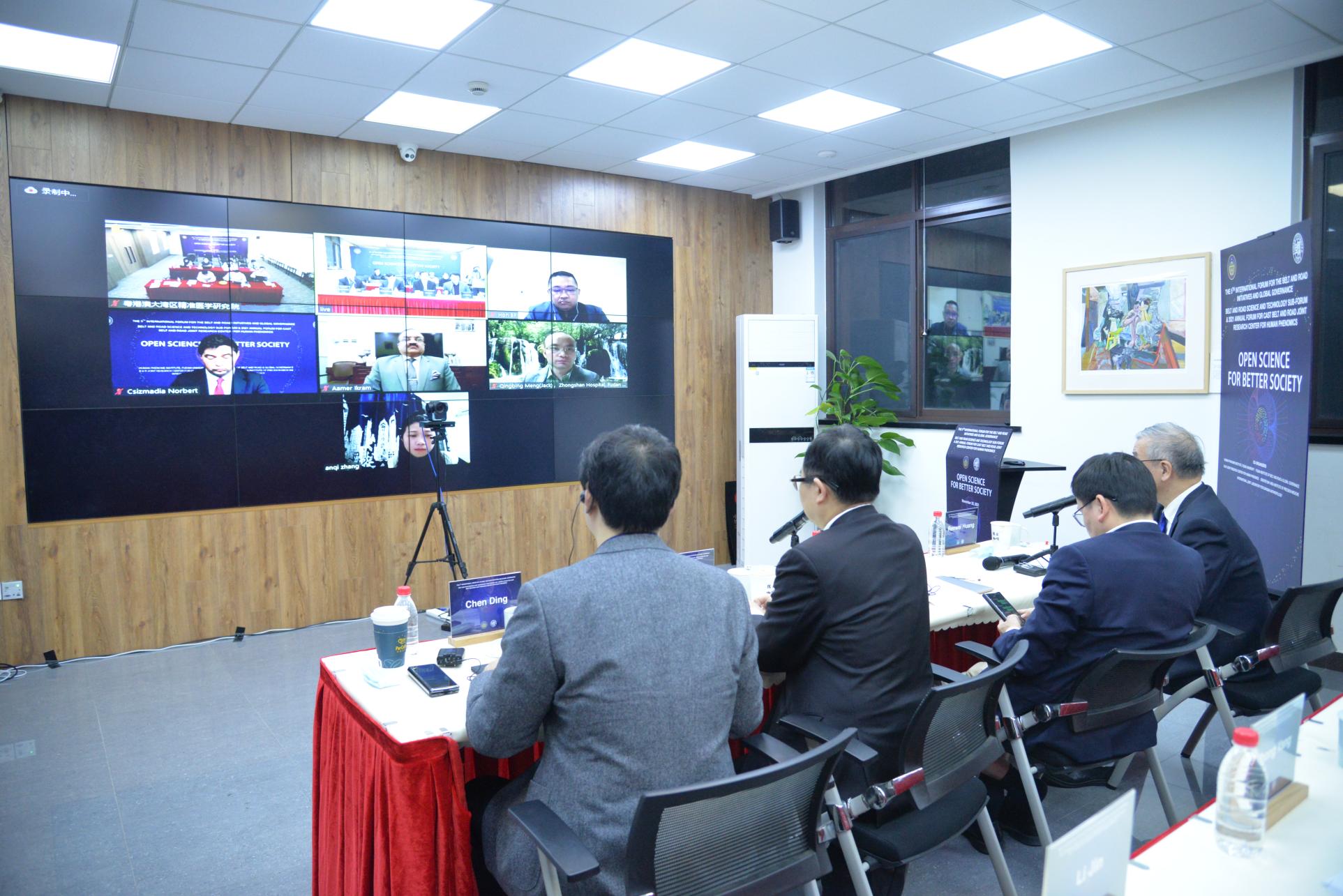
Major General and Executive President of National Institute of Health of Pakistan Aamer Ikram spoke highly of the close cooperation between China and Pakistan in the fight against COVID-19. He said that thanks to the collaboration between both sides, Pakistan made an effective response to the virus. Ikram hopes that China and Pakistan can deepen the scientific and technological cooperation under the “Belt and Road” Initiative, so that Pakistan can continue to receive technical and training support from China in frontier fields such as health care, genomics and phenotypes.
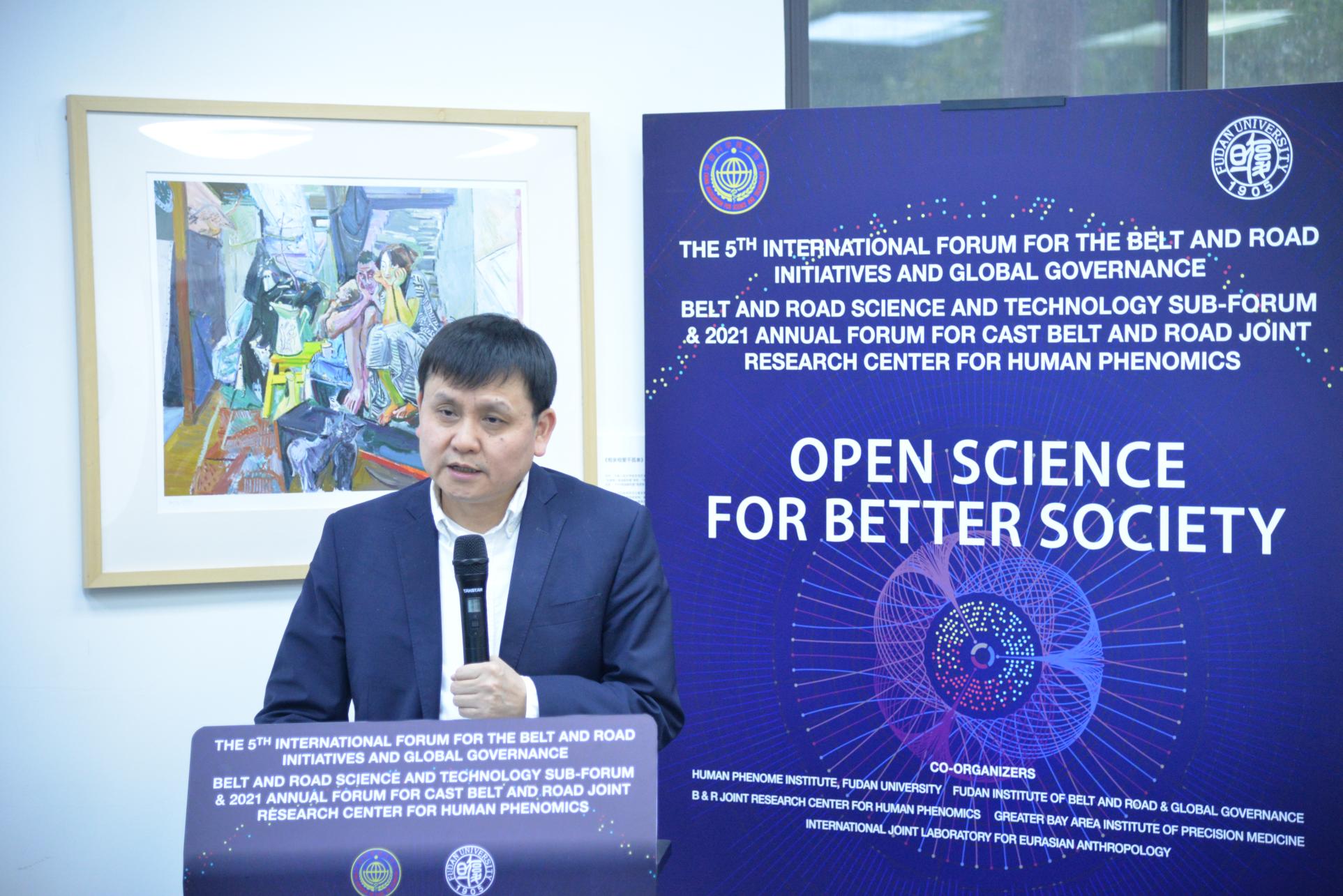
Director of China National Infectious Disease Medical Center, Director of Shanghai Key Laboratory of Infectious Diseases and Biosafety Emergency Response and Professor at Huashan Hospital Affiliated to Fudan University Wenhong Zhang summarized how China and the rest of the world has fought the COVID-19. He stressed the joint effort of all countries, including the “Belt and Road” countries, will be the most crucial basis for mankind to finally overcome the pandemic.
Chairman of UCSI Biosafety Committee, Professor at School of Medicine and Health Sciences and Director of Malaysian Hub of Belt and Road Joint Research Center for Human Phenomics Boon-Peng Hoh introduced Malaysia’s national strategy in promoting open science. Hoh believes the openness of scientific research data is essential to building an open scientific architecture, and will help promote the scientific progress of developing countries. He said that we must adhere to the openness and security of data, and that scientific research data should be open as much as possible and be protected as fully as possible.
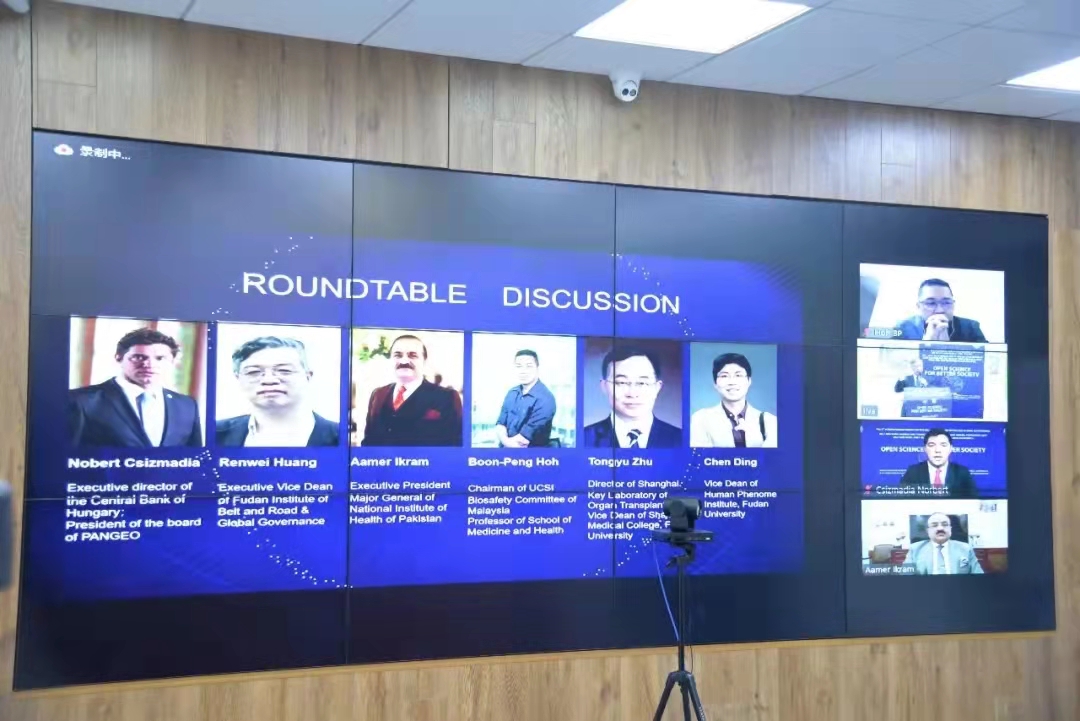
▲Round-table discussion themed “Science and Technology Cooperation Promoting High-Quality Development of the Belt and Road Initiative”
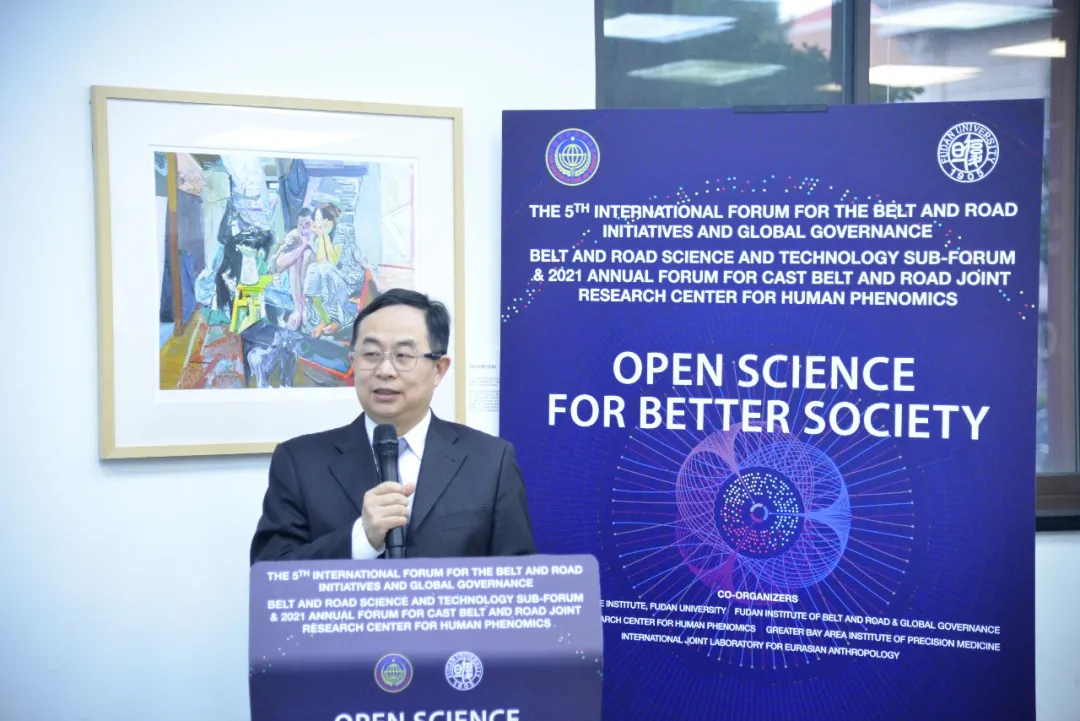
▲Director of Shanghai Key Laboratory of Organ Transplantation and Vice Dean of Shanghai Medical College at Fudan University Tongyu Zhu
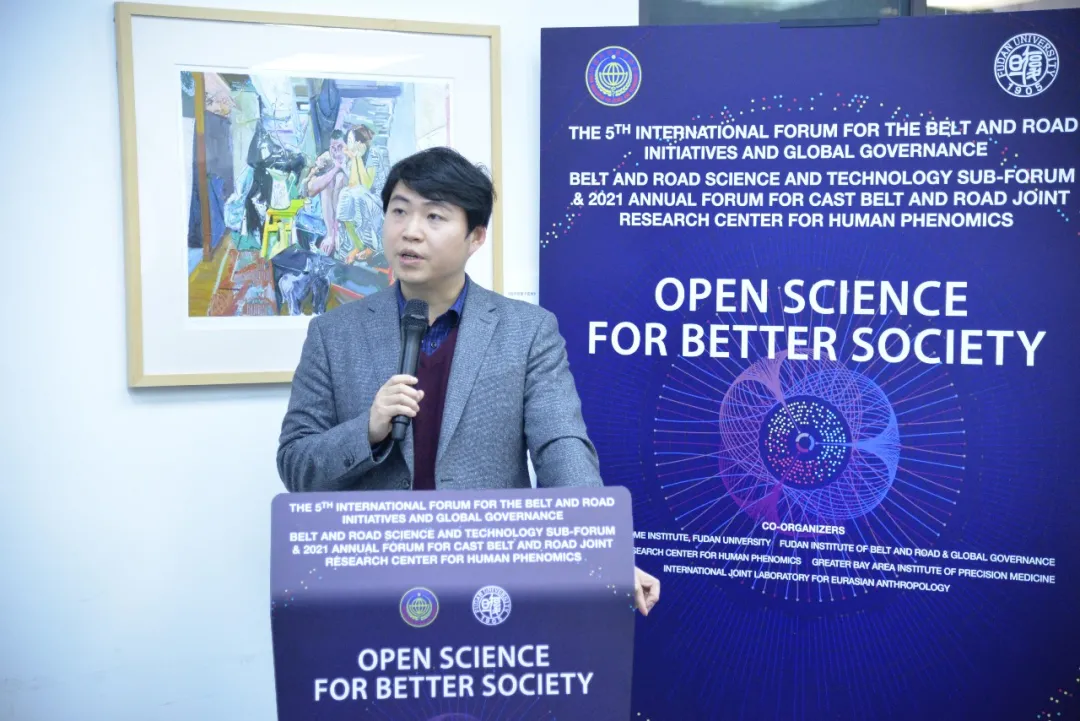
▲Vice Dean of Human Phenome Institute at Fudan University Chen Ding
In the following round-table discussion themed “Science and Technology Cooperation Promoting High-Quality Development of the Belt and Road Initiative”, Former Executive Director and Former Secretary of State for Ministry of Economy of Hungary Nobert Csizmadia, Director of Shanghai Key Laboratory of Organ Transplantation and Vice Dean of Shanghai Medical College at Fudan University Tongyu Zhu, and Vice Dean of Human Phenome Institute at Fudan University Chen Ding shared their views.
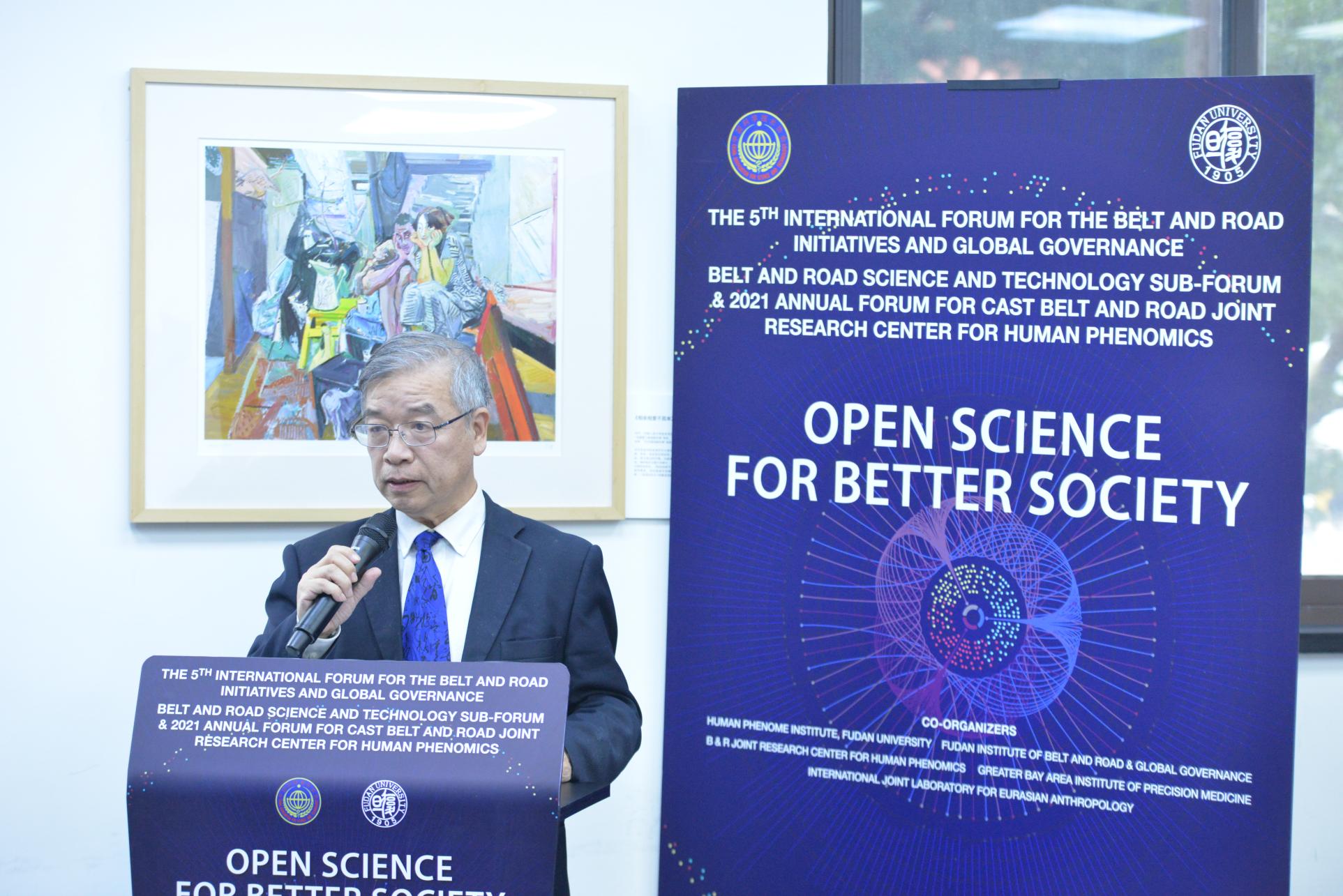
▲Executive Vice Dean of Fudan Institute of Belt and Road & Global GovernanceRenwei Huang presided over the event.
The event was co-organized by Fudan Institute of Belt and Road & Global Governance, Human Phenome Institute of Fudan University, Belt & Road Joint Research Center for Human Phenomics, Greater Bay Area Institute of Precision Medicine and International Joint Laboratory for Eurasian Anthropology. More than 50 scholars from home and abroad participated in the event online.
Presented by Fudan University Media Center
Writer: Li Yijie
Editor: Wang Mengqi
Source: Fudan Institute of Belt and Road & Global Governance, Human Phenome Institute of Fudan University
 HuPI News
HuPI News
 Research News
Research News
 Events
Events


